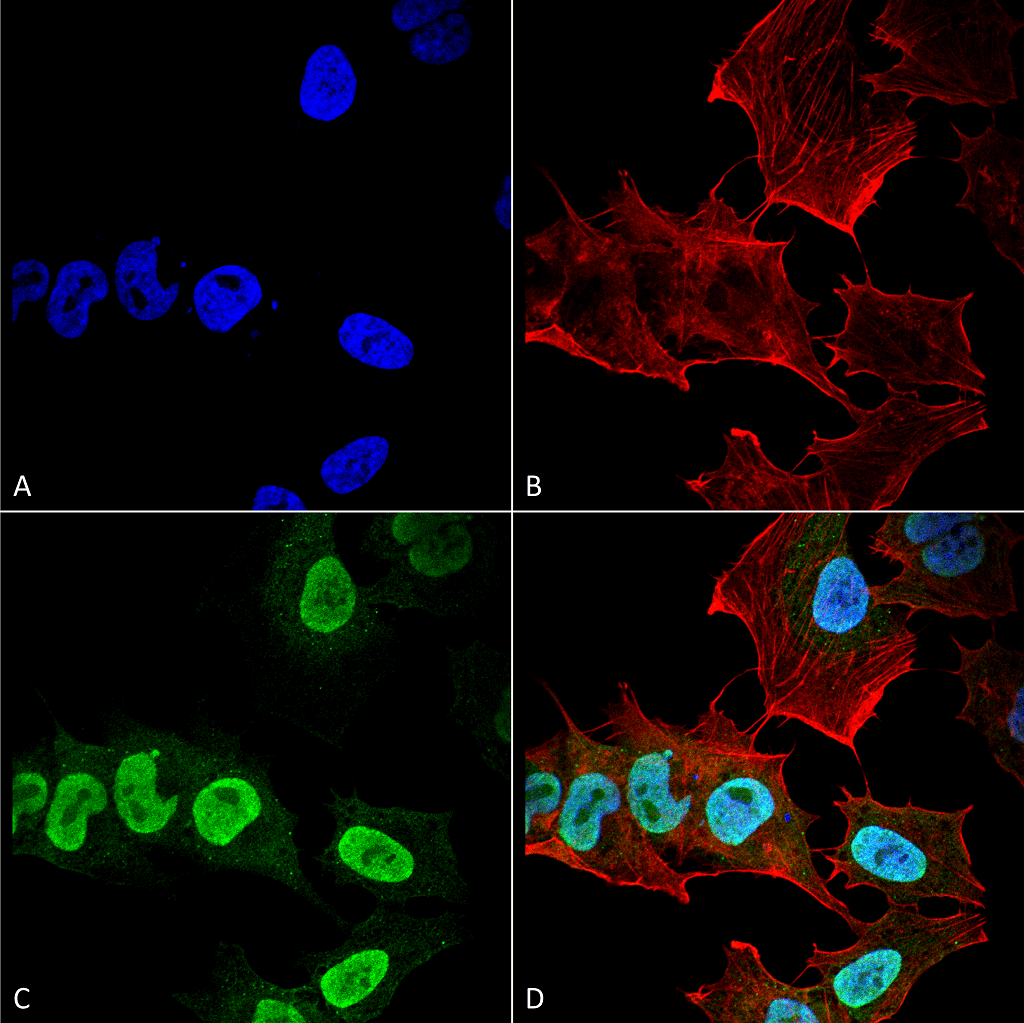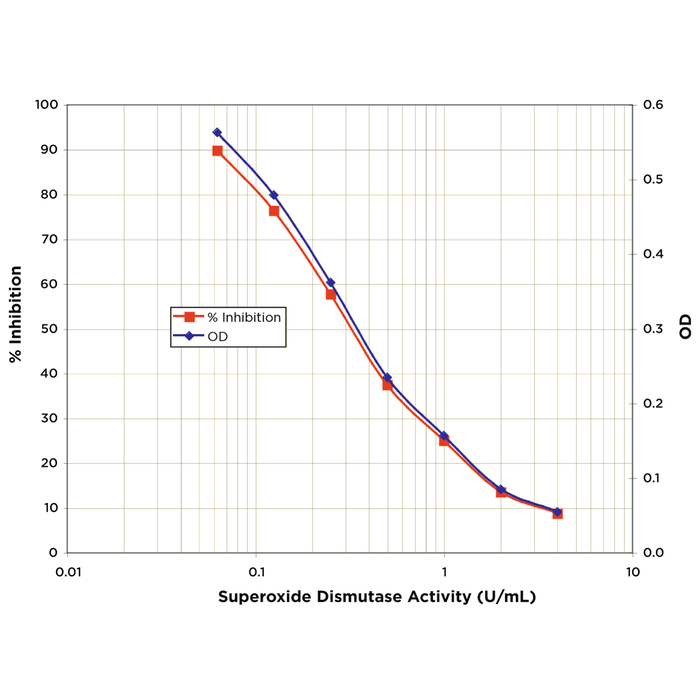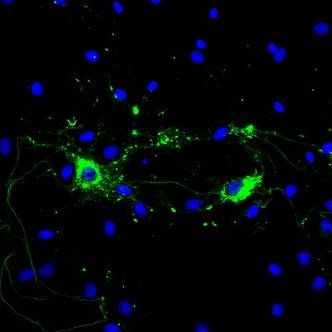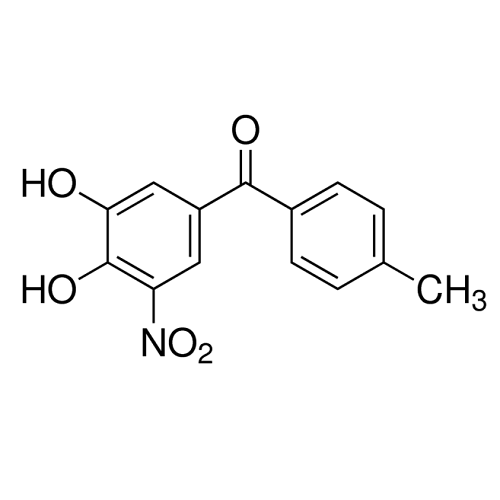Alpha Synuclein: Mutations
The differing characteristics of healthy and pathogenic alpha synuclein has led researchers to question the variances between the two forms of the protein. After a genetic analysis in 1997, the identification of point mutations within the SNCA gene in familial Parkinson’s served as the preliminary link between alpha synuclein and PD. Since then there have been six missense mutations in the SNCA gene linked to the autosomal dominant form of PD; Ala53Thr, Ala30Pro, Glu46Lys, His50Gln, Gly51Asp, and Ala53Glu4. Furthermore, the discovery of PD patients with a duplication or triplication of the SNCA gene (PARK4 locus) reinforced the association between alpha synuclein and PD, and suggested that higher amounts of the wild-type protein could trigger the disease. Individuals who developed a triplication of the SNCA gene, as opposed to a duplication, displayed more severe symptoms including early-onset parkinsonism with dementia. This indicates that there is a “dose dependent” correlation between the progression of PD and SNCA gene dosage3.



